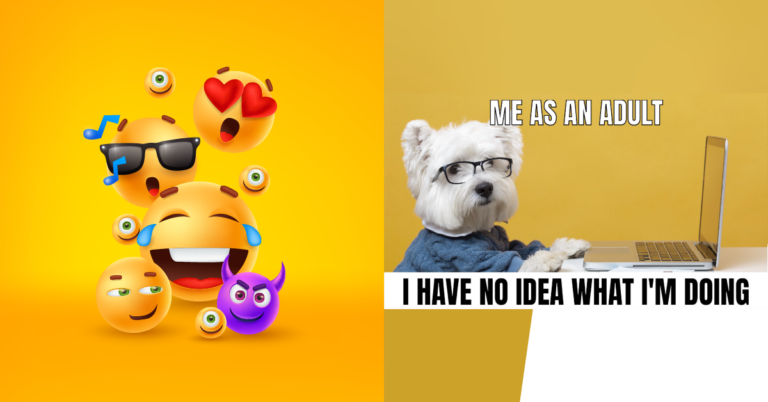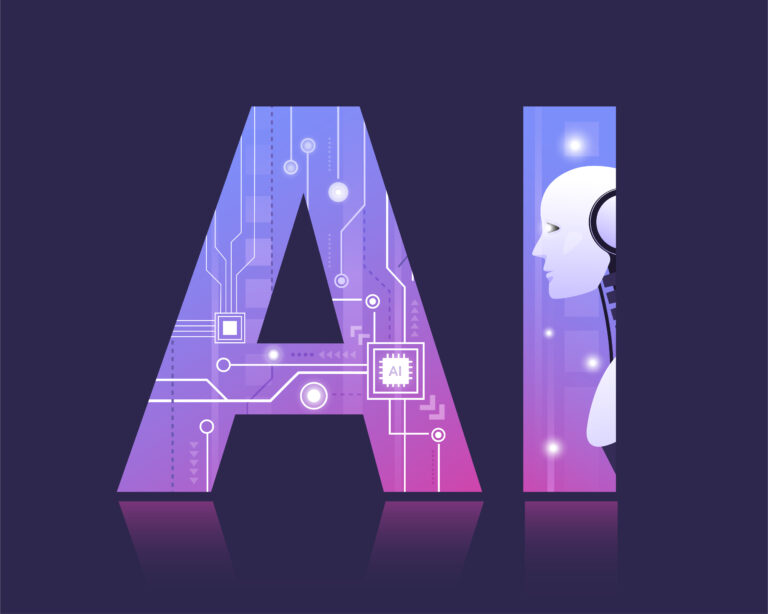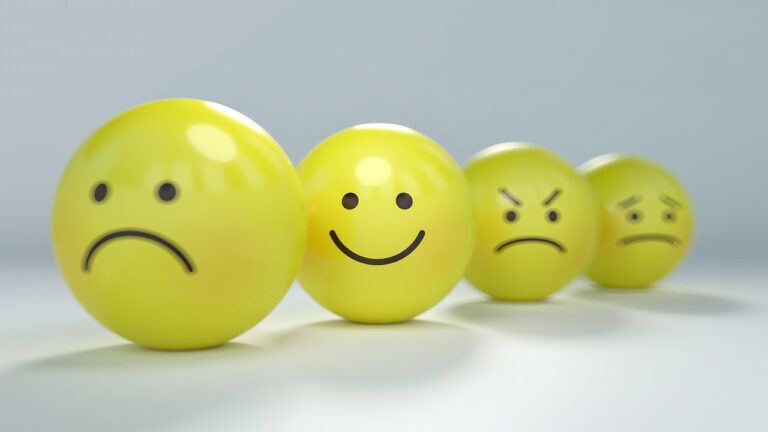Heading
Once upon a time, being a digital marketer meant running Facebook ads, scheduling posts, or writing blog content. Today? It’s far more complex and infinitely more exciting.
The world of digital marketing has evolved dramatically. Modern digital marketers aren’t just executing campaigns; they’re strategists, data scientists, and storytellers who understand both people and platforms. Let’s dive into how this role has transformed inside top digital marketing companies and what makes it one of the most dynamic careers in today’s digital economy.
1. From Execution to Strategy
A decade ago, most digital marketing services revolved around execution — pushing content live, managing SEO keywords, or optimizing ads. Today, digital marketers are the architects of brand growth. They shape messaging, forecast market trends, and use data to guide creative strategy.
In successful digital marketing agencies, marketers are part of the decision-making table, not just task owners. They collaborate with leadership, sales teams, and developers to ensure every touchpoint drives measurable business outcomes.
The modern digital marketer thinks big-picture — connecting content, ads, and analytics to the brand’s north star: growth.
2. Data Is the New Creative Fuel
Data used to be intimidating; now it’s empowering. Top digital marketing companies equip their teams with tools that turn raw numbers into actionable insights.
Digital marketers no longer just look at performance metrics, they interpret them to understand why campaigns perform a certain way.
They use tools like Google Analytics, Meta Ads Manager, and CRM dashboards not just to report results but to predict what will work next.
This proactive approach turns digital marketing from reactive campaign management into a science-driven growth engine.
But make no mistake creativity hasn’t died. It’s simply evolved, powered by smarter insights.
3. The Rise of the “Full-Stack” Digital Marketer
Remember when marketers specialized in one channel? SEO experts handled keywords, social media managers focused on engagement, and PPC experts managed budgets. Those silos are fading fast.
Today’s digital marketers are expected to understand the full ecosystem — content, analytics, email automation, UX, CRO, and paid media. The term “full-stack marketer” has emerged for a reason.
Top digital marketing companies encourage their teams to develop T-shaped skills: deep expertise in one area but broad knowledge across others. This agility helps them deliver holistic strategies that feel seamless across platforms.
4. Storytelling Meets Technology
The art of storytelling has always been at the heart of marketing, but now it’s amplified by technology.
Modern digital marketing agencies use tools like AI-driven personalization, predictive analytics, and audience segmentation to deliver the right story to the right person at the right time.
The best digital marketers don’t just write copy — they design experiences. From short-form reels to interactive landing pages, every element is crafted to make audiences feel seen and understood.
That emotional resonance, backed by data precision, is where the real magic happens.
5. Collaboration Is the New Superpower
Digital marketing used to be a solo sport; now it’s a team game. The most effective digital marketers work closely with designers, developers, and product managers.
Collaboration ensures campaigns aren’t just visually appealing but technically sound and strategically aligned. It also drives innovation because the best ideas often come from cross-functional brainstorming, not top-down directives.
As agencies grow, this teamwork mindset becomes their competitive edge. It’s how they stay creative while scaling results.
6. The Blurring Line Between Marketing and Product
One of the biggest shifts in the digital space is the merging of marketing and product strategy. The top digital marketing companies now use insights from campaigns to influence product development.
For instance, data from ad responses or search intent might guide new feature launches or UX improvements. This feedback loop helps brands stay consumer-first, agile, and ahead of competitors.
In short, marketing doesn’t just sell the product — it shapes it.
7. Purpose and Authenticity Lead the Way
Today’s audiences are smart. They see through inauthentic marketing in seconds. The best digital marketers know this — which is why they champion brand authenticity and purpose-driven storytelling.
It’s no longer about shouting the loudest; it’s about speaking the truth. Agencies that emphasize honesty, sustainability, or social impact resonate deeper and retain loyalty longer.
Successful digital marketing services are built around values — and marketers are the messengers who carry that purpose forward.
8. Continuous Learning Is Non-Negotiable
Digital marketing evolves every week — new platforms, policies, tools, and trends. The only way to stay relevant is through relentless learning.
Top digital marketing agencies invest heavily in training, certification, and experimentation. They know that upskilling isn’t optional; it’s survival.
Whether it’s mastering AI tools, testing automation frameworks, or understanding privacy-first ad models, the best digital marketers stay curious and adaptable. That curiosity is their greatest asset.
9. Measurable Impact Defines Success
The success of a modern digital marketing company isn’t just measured in likes or impressions — it’s tied to business growth. Marketers today are expected to link every campaign to tangible outcomes: qualified leads, revenue lift, retention, and ROI.
This accountability has elevated marketing from a “creative cost” to a “revenue driver.” And for marketers who thrive on results, it’s an incredibly rewarding shift.
10. The Human Element Still Rules
Amidst all the data, automation, and AI, the human element remains irreplaceable. The best digital marketers balance empathy with analytics — using insights to understand, not manipulate, their audience.
They build trust before they build funnels. And that’s why, even in an AI-driven world, the most authentic voices still win.
Wrapping Up
The role of digital marketers has evolved from executors to innovators — from managing campaigns to driving transformation. They’re the bridge between creativity and technology, between brands and people.
If you’d like to explore how these roles come together to build successful organizations, read the main pillar article:
The Secrets Behind the Success of Top Digital Marketing Companies and Their Digital Marketers
And if you’re seeking a forward-thinking partner who understands this evolution firsthand, visit Upload Digital — where modern marketing meets measurable impact.
FAQs
Q1. How has the role of digital marketers changed over the years?
A: It has evolved from basic content execution to strategic roles involving analytics, creative storytelling, and growth-focused leadership.
Q2. What is a “Full-Stack” digital marketer?
A: A marketer skilled across multiple areas — from SEO and paid ads to automation and analytics — capable of executing end-to-end digital strategies.
Q3. Why is data crucial in digital marketing today?
A: Data empowers marketers to predict trends, refine strategies, and measure ROI, turning creative ideas into performance-driven outcomes.
Q4. What challenges do digital marketers face in 2025?
A: Rapidly changing technology, stricter privacy regulations, and the need to balance automation with human creativity.
Q5. Why is authenticity important in digital marketing?
A: Authentic storytelling builds emotional trust, strengthens brand loyalty, and ensures marketing messages resonate with real audiences.











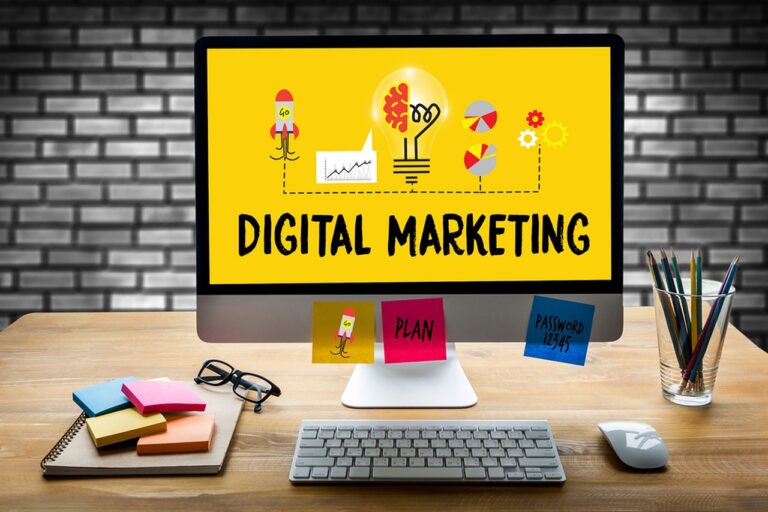







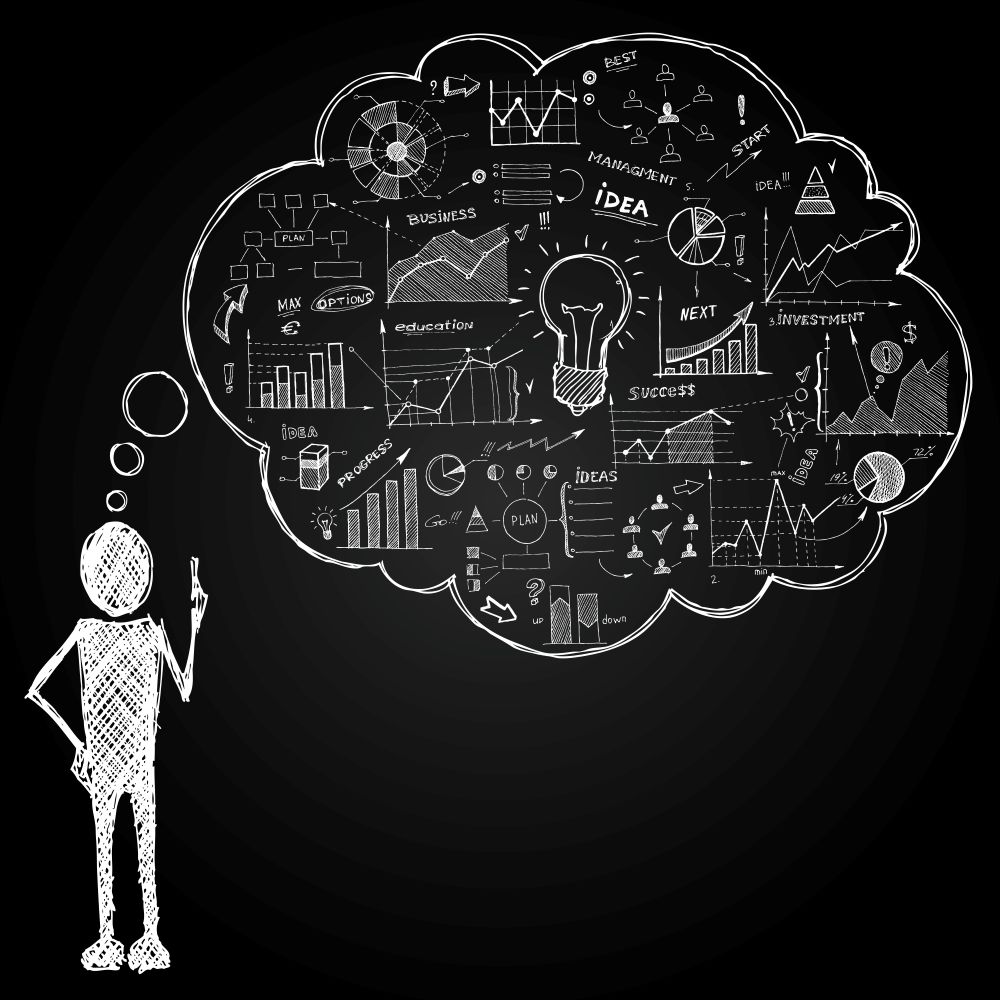








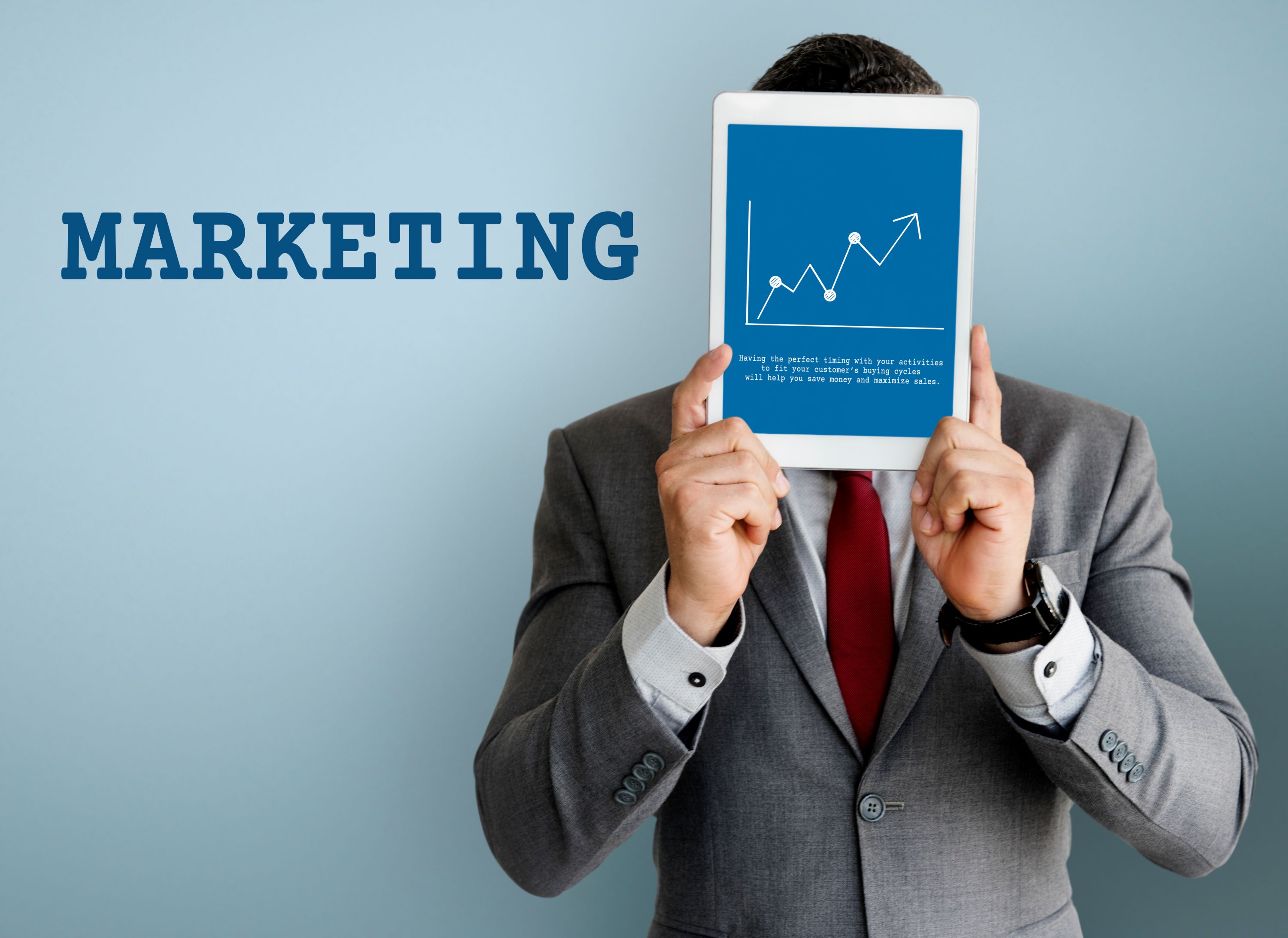
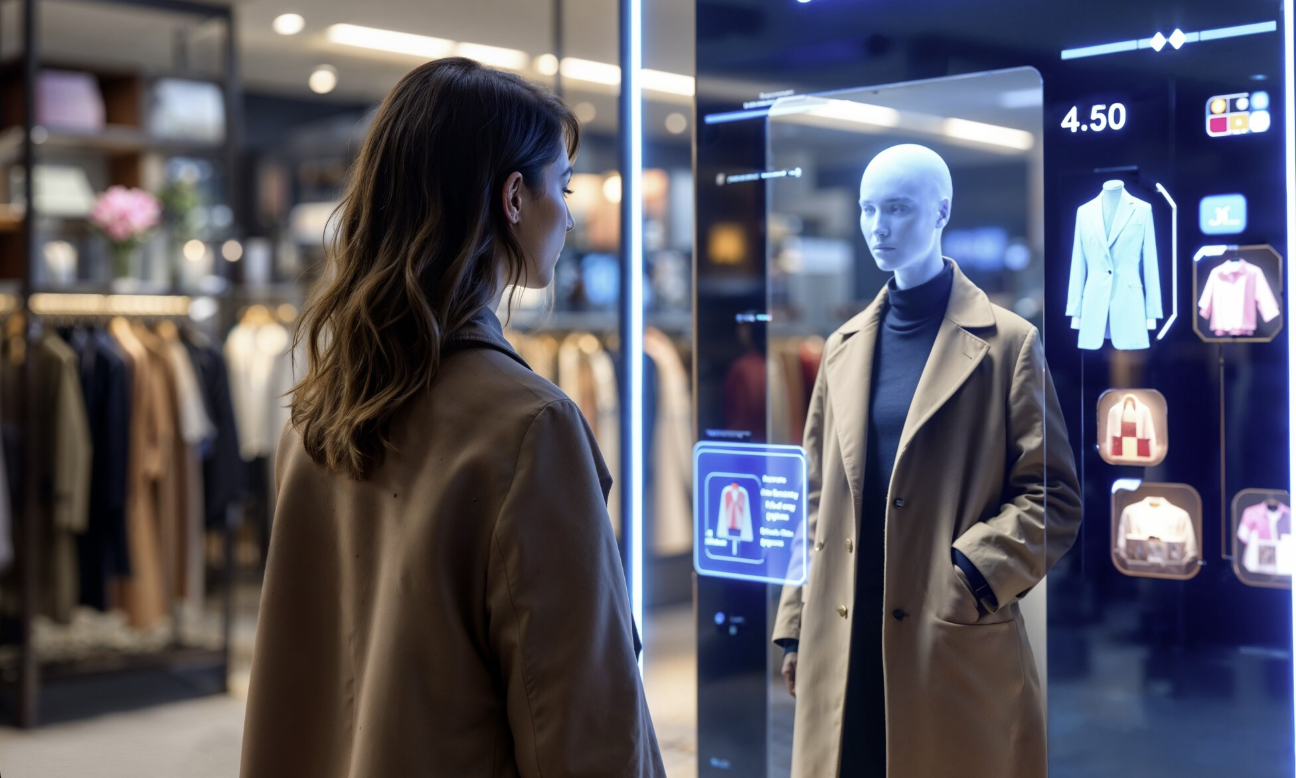



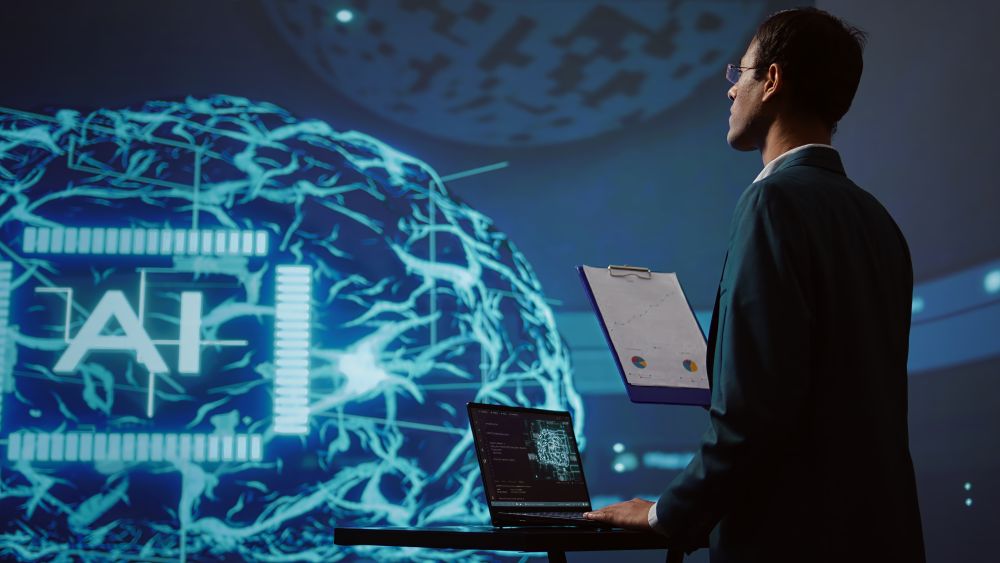



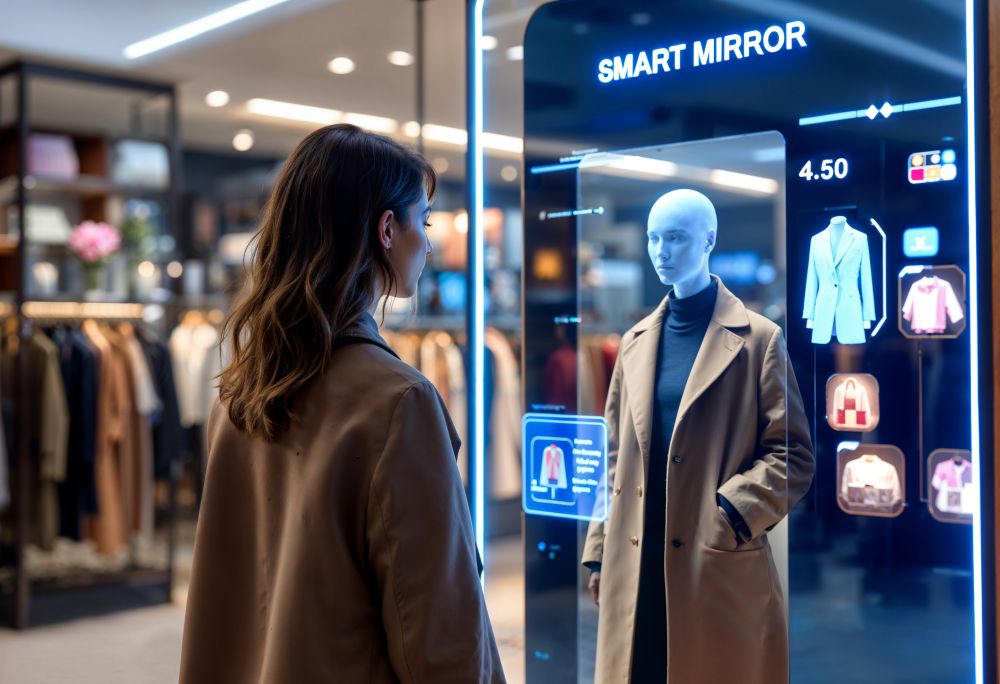
















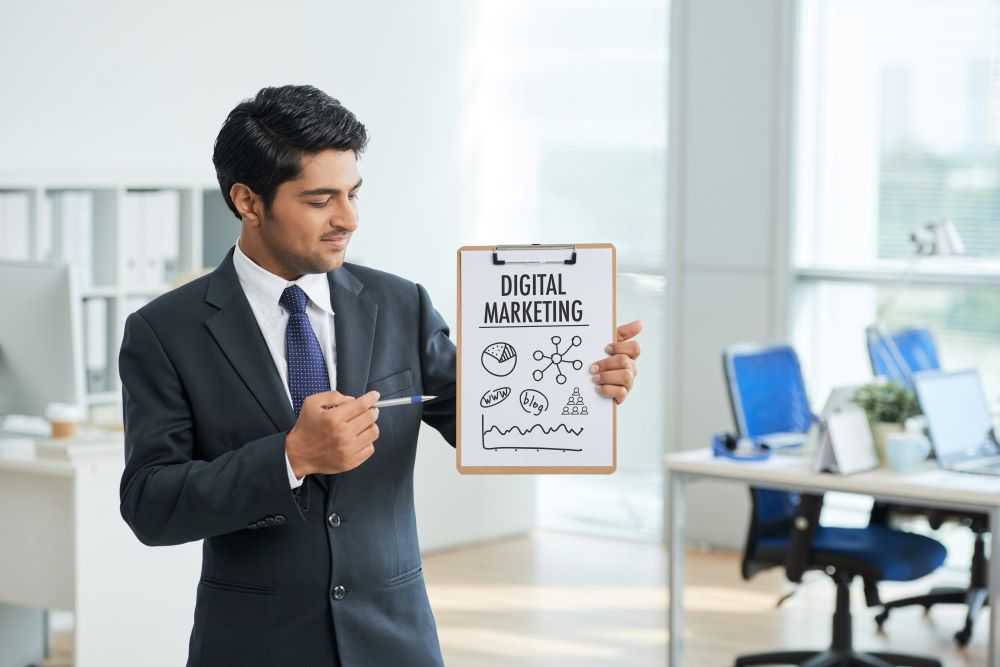







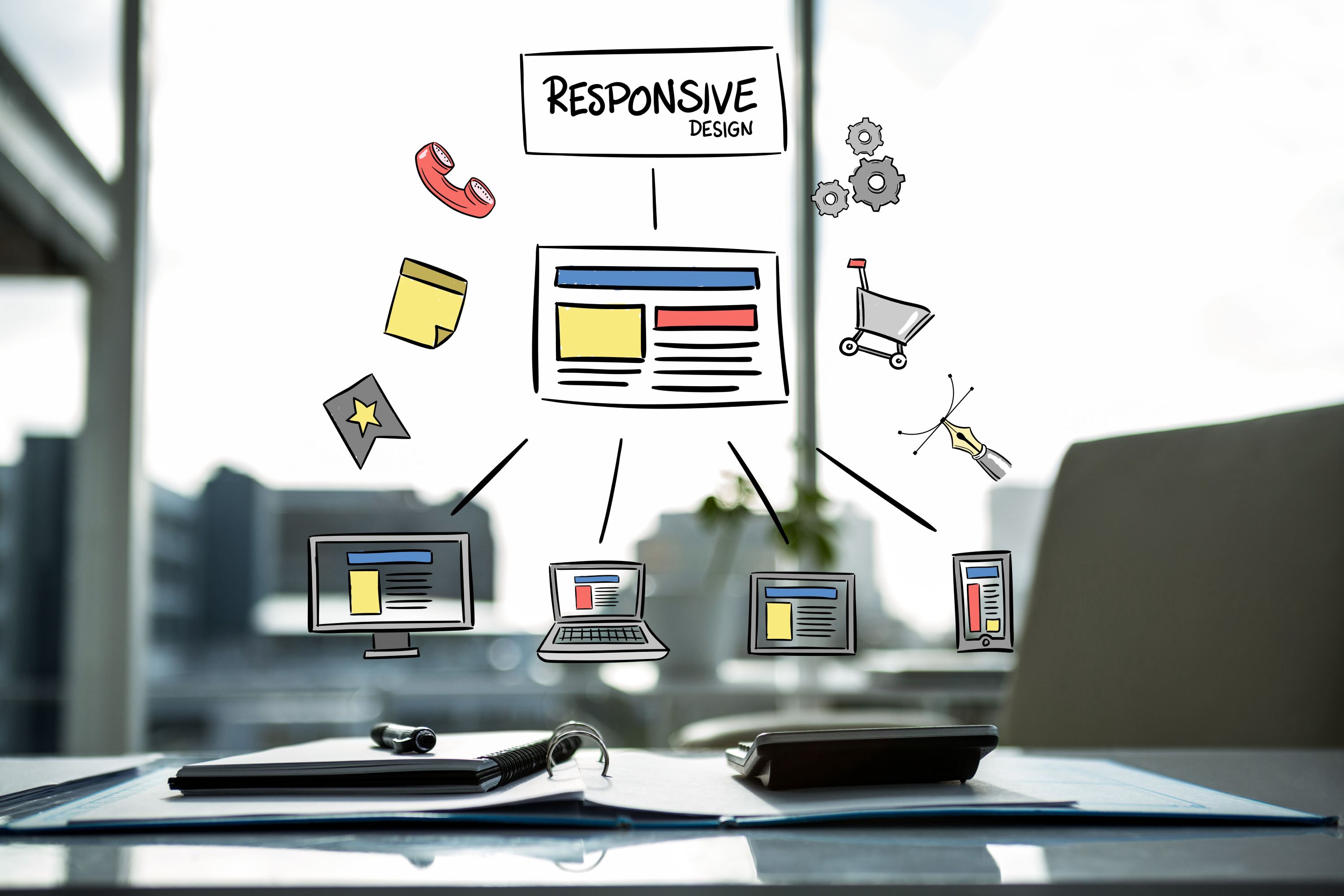

-compressed.jpg)













